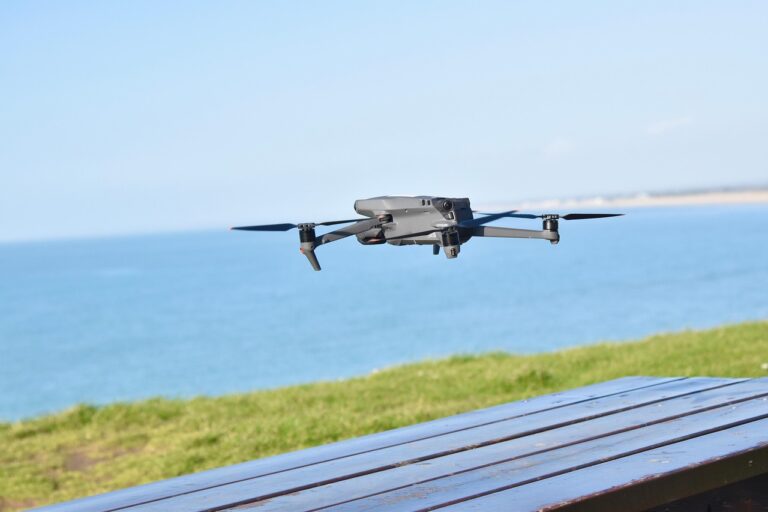
Image by Johannes Kirchherr from Pixabay
In a tragic incident on December 29, Jeju Air Flight 7C2216 crashed at Muan International Airport in South Korea, resulting in the deaths of 179 individuals.
The Boeing 737-800 was en route from Bangkok, Thailand, carrying 175 passengers and six crew members.
Preliminary reports indicate that during its approach, the aircraft encountered a bird strike, which affected the right engine and caused a malfunction in the landing gear.
The pilot issued a mayday call and initially aborted the landing attempt.
On the subsequent attempt, the landing gear failed to deploy properly, causing the plane to skid off the runway, colliding with a concrete wall, and burst into flames.
Among the 181 individuals on board, only two crew members survived and are currently receiving medical treatment for critical injuries.
This incident marks South Korea’s deadliest aviation disaster in two decades.
The South Korean government has initiated a comprehensive investigation to determine the exact cause of the crash.
While initial theories suggest a bird strike, aviation experts have expressed skepticism, noting that such incidents rarely lead to catastrophic failures.
The investigation will involve analysis of flight data and cockpit voice recorders, with assistance from the U.S. National Transportation Safety Board.
A seven-day national mourning period has been declared in response to the tragedy.
Jeju Air, a budget airline with a previously strong safety record, has pledged full cooperation with the investigation and extended condolences to the families of the victims.
This disaster has prompted a reevaluation of aviation safety protocols within the country, which had previously been recognized for significant improvements in air safety standards over the past two decades.






